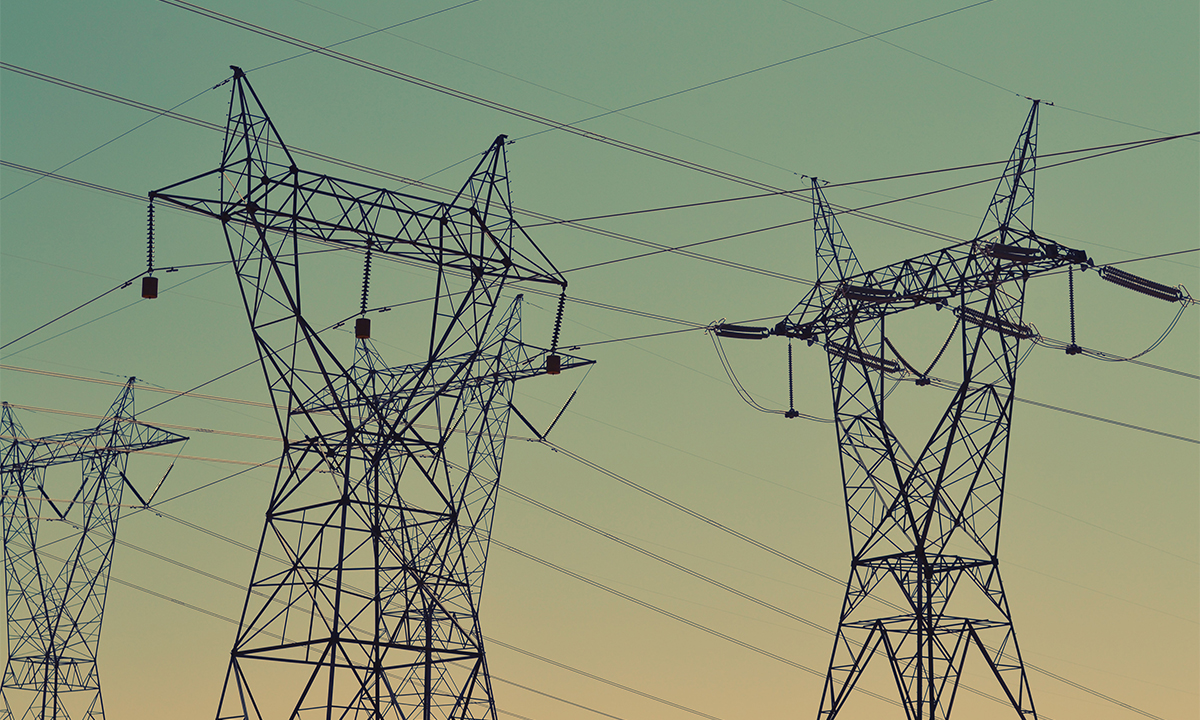A beautiful Tuesday afternoon brought me to the San Diego Public Library, located well within the bounds of the downtown area. Though the structure contained a multitude of floors, virtually all of which serve as repositories of information. The destination for this day was the top floor, in particular, a banquet style room with a most enviable view of the area. It was in such a room that the League of Women Voters set their event.
The first detail that must be noted was the graciousness of my hosts. The event was entirely gratis, with sweet foods and alcoholic beverages eagerly offered without charge. The ladies (and few gentlemen present) were eager to greet me as well as all the other guests. After these initial pleasantries were completed, the event began in earnest.
It was kicked off by Mathew Vasilakis, a man whose manner of speech made clear his political stance if the name of the event proved insufficient in doing so anyway. He spoke largely of the failings of San Diego Gas and Electric (SDGE) and their own admitted inability to achieve anything close to complete reliance on renewable energy. To contrast with these failings, he spoke at length of Community Choice Energy (CCE), discussing the proposed benefits, namely in the form of emphasizing cleaner energy. He also presented CCEs as just another option for consumers to choose from, a mere alternative to other business choices.
To be sure, his delivery was strong and the ideas he spoke of were tempting. After all, the idea of non-polluting energy sources has a wide appeal and CCEs’ general preference for renewable sources seems to fulfill that. As for those who count themselves as devout conservatives within the ranks of the Republican Party, the reassuring promise of CCEs being something that can always be opted out of in favor of an option within the private sector should be an appealing olive branch to skeptics such as ourselves. Who could reject such a tempting proposal, such a sincere attempt at a reasonable idea?
One would not be remiss to come to such a first impression and none should feel shame if the idea of CCEs holding some appeal. All the same, it is crucial to recognize them for the socialistic ideals in economic alternative’s clothing that they are. Countless government programs of years past have held similar promises and their presence lingers most parasitically even to this day.
It is with this lesson in mind that voters should tread cautiously. The phenomenon of CCEs is a relatively new one, to the point that the long term effects have yet to be revealed and it remains to be seen whether the positives will prove true. Supposing that we assume the best case scenario (something which has historically proven most elusive to these Marxist fever dreams) and these promises manifest themselves such that we are able to reap the environmental as well as economic benefits, the greater problem of an ever bloating government persists. Even if cleaner energy is achieved, the ceaseless growth of the public sector will be exacerbated and the avenues to end any CCE will be limited, to say the least.
Thankfully, I was not alone in these thoughts. Within the discussion group I found myself in, another man echoed similar concerns in contrast to our hosts, who did an admittedly commendable job in making their case. All the same though, this emphasis on the hand of government should be on the back of the minds’ of all. The siren call from Marx’s ghost has deluded many already. Let it not fool the citizens of San Diego today.
Photo by Fré Sonneveld




